Dear Readers,
AI plays a crucial role in our blog, helping us manage our time more effectively to keep the content flowing. While AI assists with content creation, which may lead to occasional spelling or grammar errors, our primary goal remains clear: to deliver meaningful insights to you. For important matters, please consult a specialist.
Thank you for your understanding and support.
Best regards,
Education.com.cy
Summary
This article reviews the impact of music education on children’s perception and cognition, focusing on two main areas: music listening and music instruction. Research indicates that infants respond to musical stimuli even before birth, with prenatal exposure influencing postnatal behavior. Infants can discriminate between different musical timbres and show preferences for consonant intervals over dissonant ones. They can also categorize rhythmic and melodic patterns and retain familiarized music in long-term memory. Music instruction has unique impacts on perceptual and cognitive functions, suggesting different implications for researchers, practitioners, and policymakers. The article highlights the need for further research using neuroscientific tools to better understand these effects across various demographics.
Introduction
Music education plays a crucial role in the perceptual and cognitive development of children. This article explores the influence of music education from two distinct perspectives: music listening and music instruction. Research by Schellenberg (2001, 2003) suggests that these activities uniquely impact perceptual and cognitive functions, implying different implications for researchers, practitioners, and policymakers. Understanding how music education shapes cognitive and perceptual growth in children can help educators and parents make informed decisions about incorporating music into early childhood education.
Main Sections
- Music Listening
Infants
- Infants respond to musical stimuli starting from the last three months of pregnancy. Studies show that prenatal exposure to music can influence postnatal behavior.
- Research indicates that infants can discriminate between different musical timbres and show preferences for consonant intervals over dissonant ones.
- Infants can categorize rhythmic and melodic patterns based on meter and retain familiarized music in long-term memory.
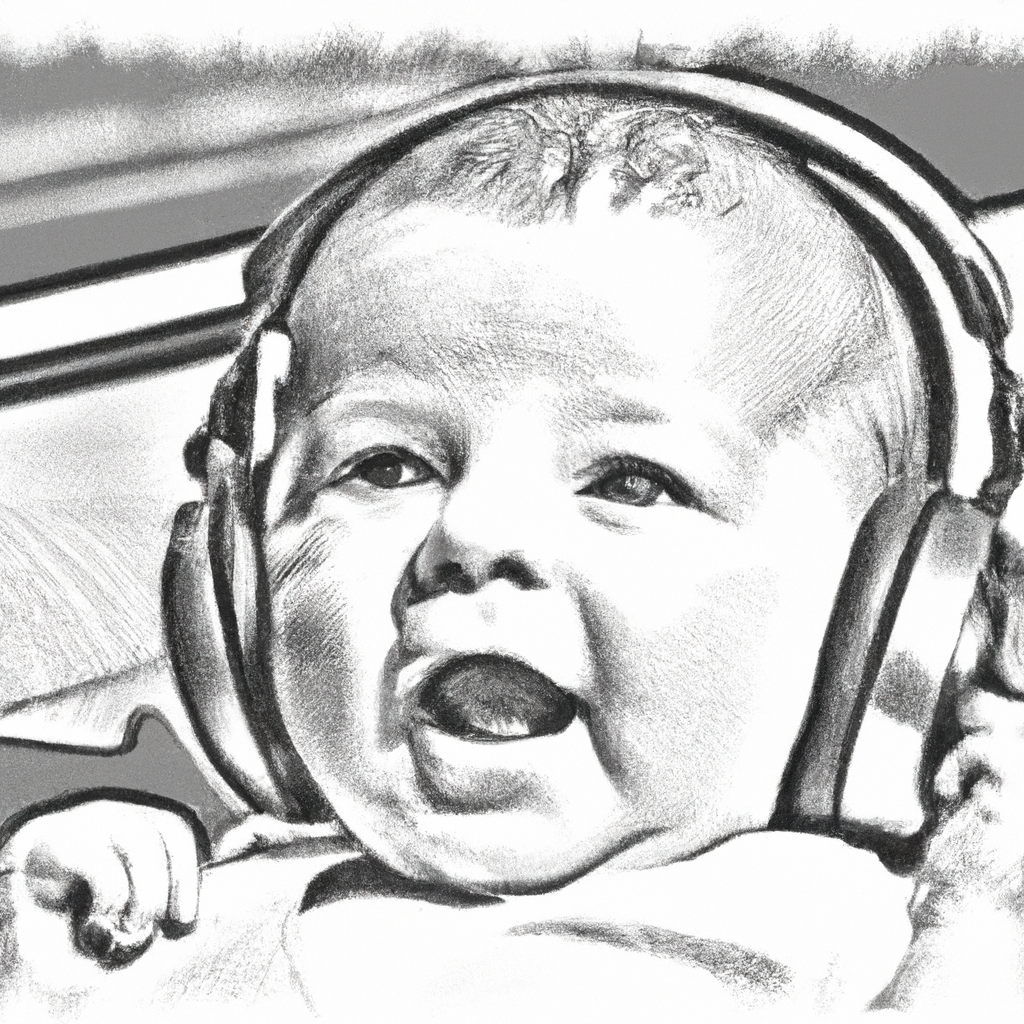
Music Instruction
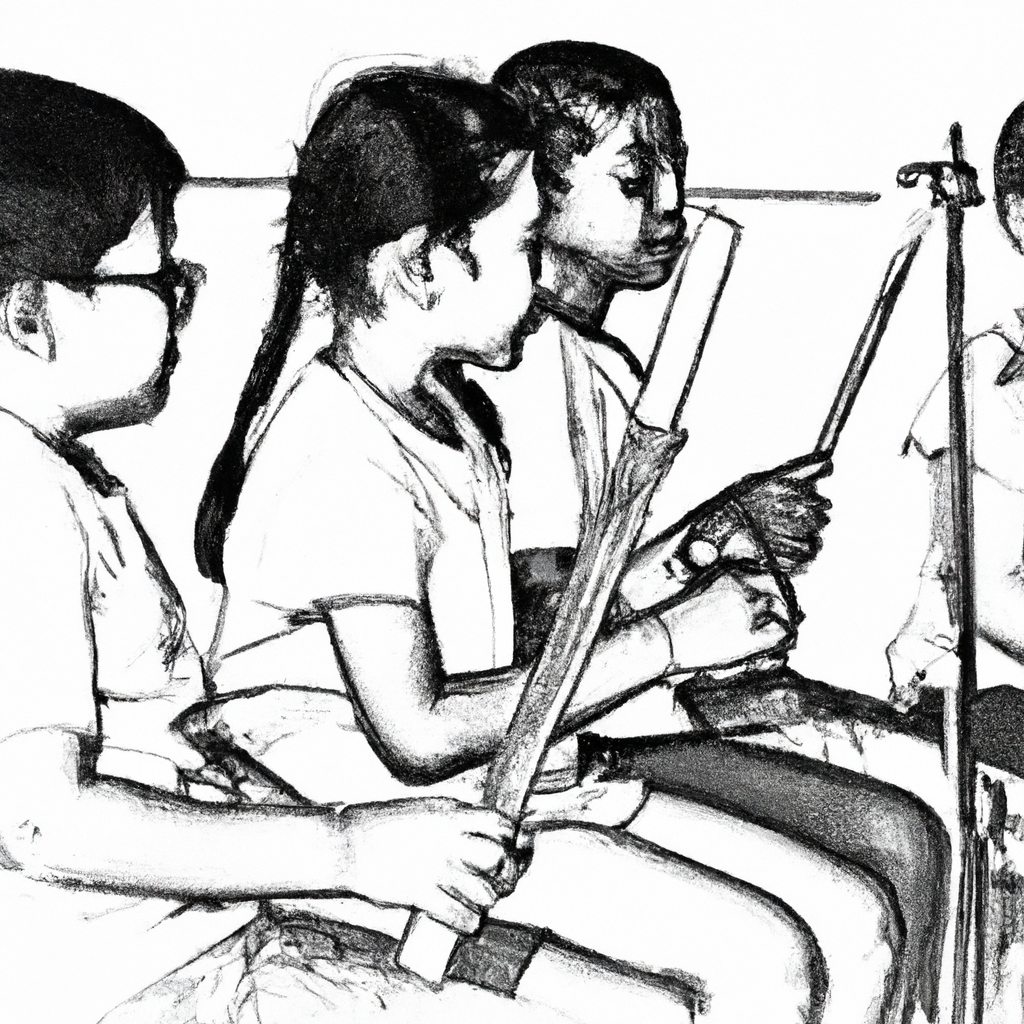
Find out how the strategies discussed in the article
"How Teaching a Song Can Improve Your Child’s Learning and Well-Being"can help address internet addiction in children and teens.
Early Childhood and Preschool
- Music activities such as dancing and playing instruments can enhance motor skills in young children.
- These activities help improve coordination, balance, and fine motor skills.

School-aged Children
- Continued music education can further refine motor skills and contribute to overall physical development.
- Participation in school bands or orchestras provides opportunities for teamwork and discipline.
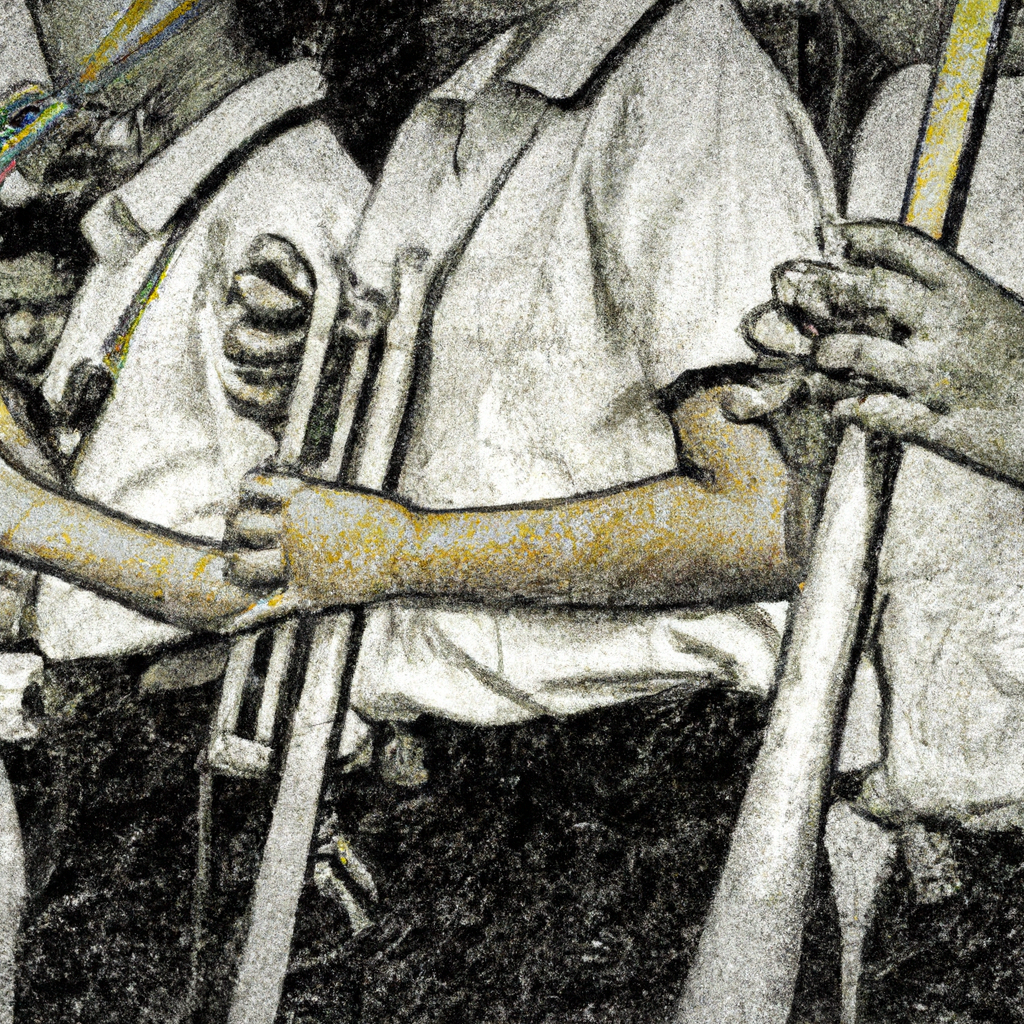
Emotional Development
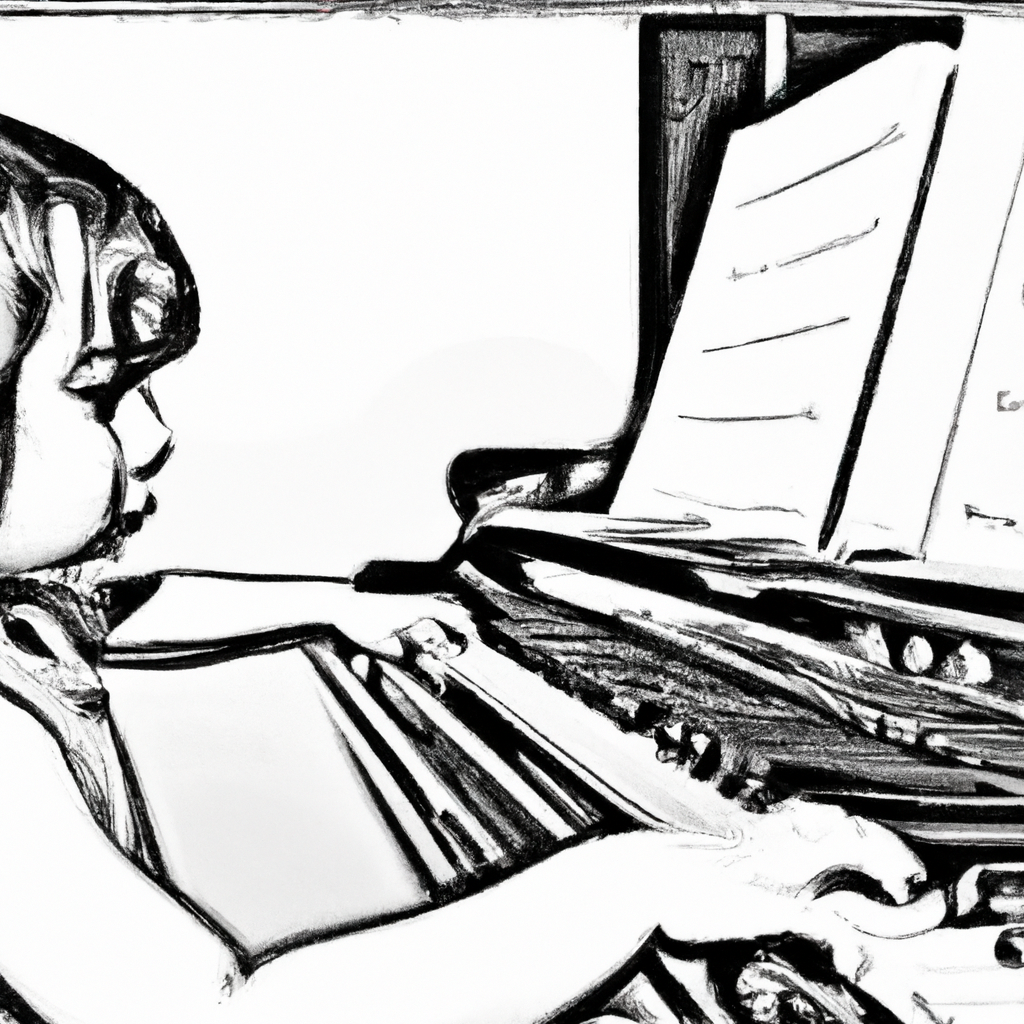
Social Development
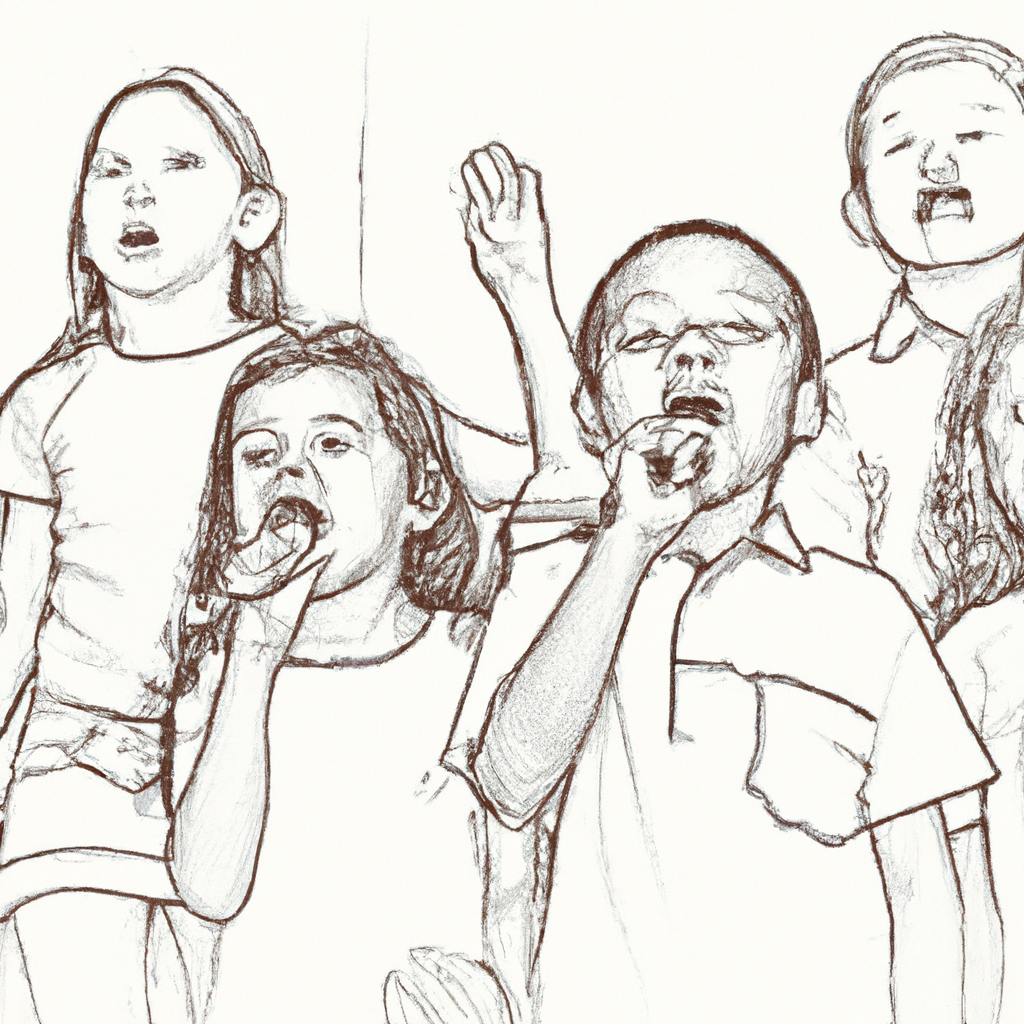
At-risk Students

Special Needs Students
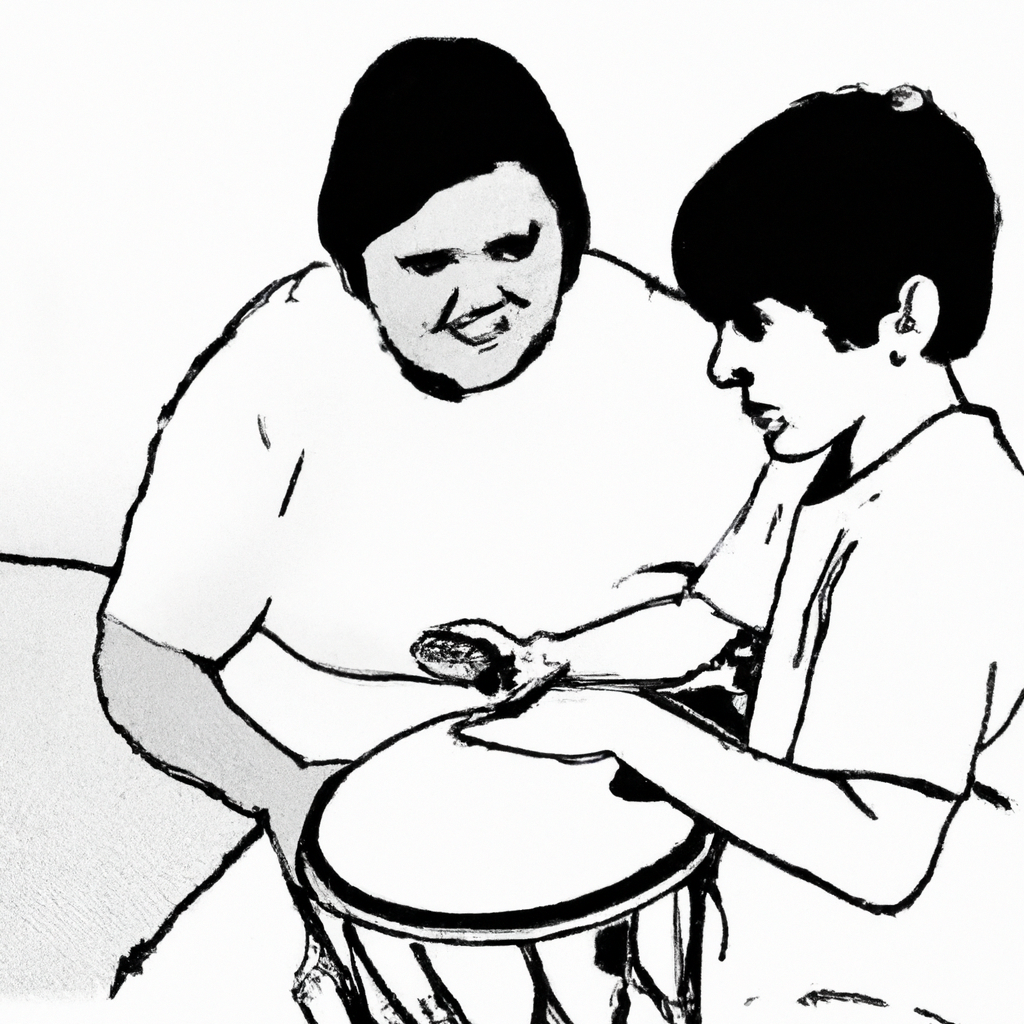
Summary of Findings
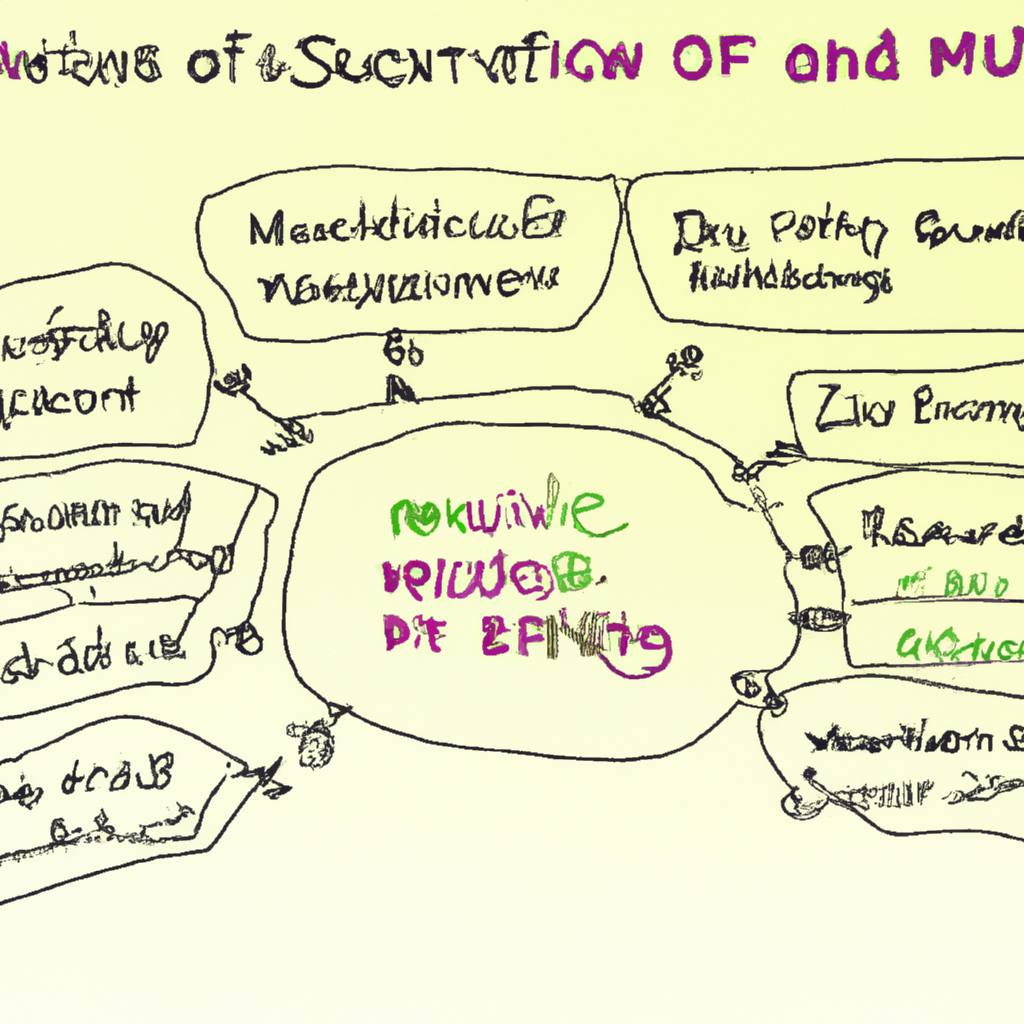
Areas in Need of Future Research
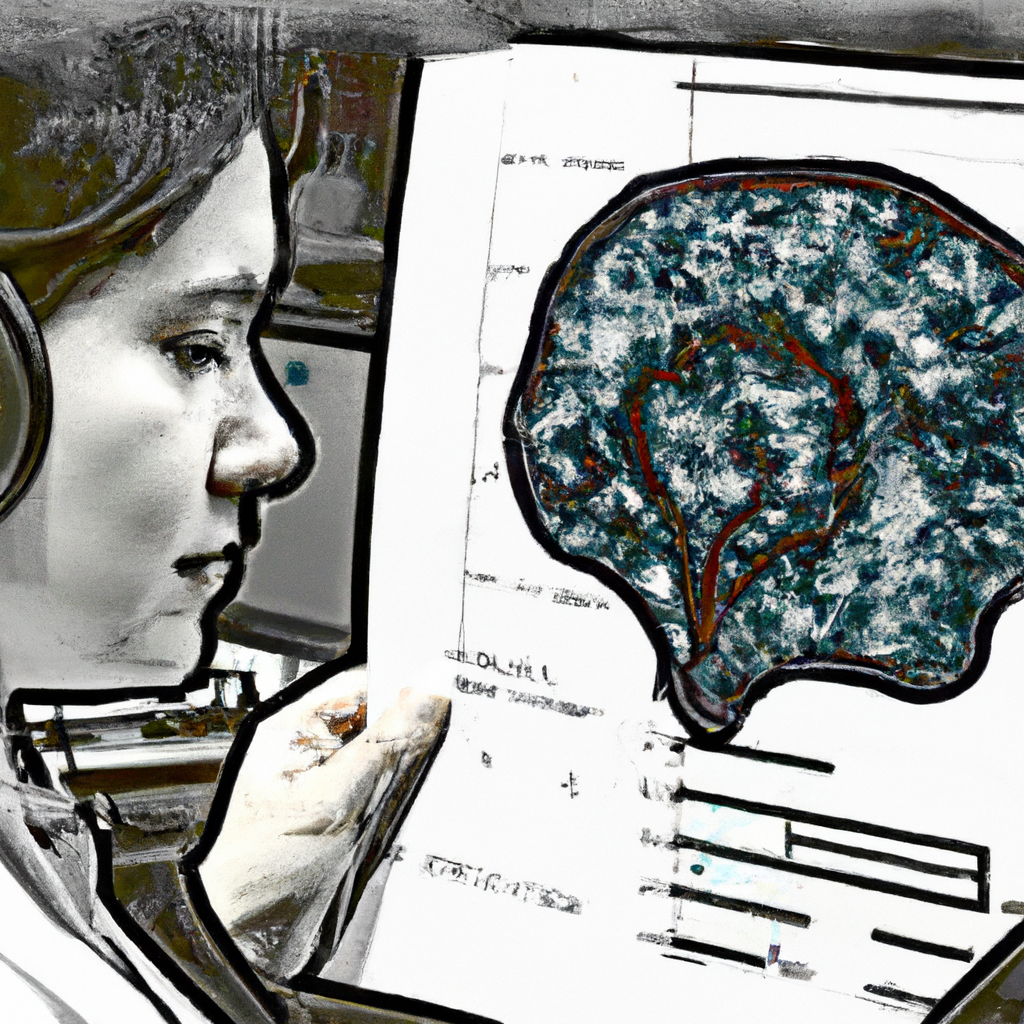
Conclusion
The impact of music education on perception and cognition in children is multifaceted. Research indicates that both music listening and music instruction uniquely influence perceptual and cognitive functions. Infants show sophisticated musical functioning, such as preference for consonant intervals and the ability to categorize rhythmic and melodic patterns. Studies also demonstrate that infants can retain and recall complex musical pieces, suggesting long-term memory capabilities for music. Overall, music education appears to play a significant role in enhancing various aspects of perception and cognition from a very early age. More research is needed to fully understand these effects across different demographics and contexts. Educators and parents should consider incorporating music education into early childhood programs to support cognitive and perceptual development.
Image of a teacher and parents discussing the benefits of music education for children, with musical instruments in the background
Thank you for reading our article on The Impact of Music Education on Perception and Cognition in Children. We highly value your feedback and invite you to take a brief survey to share your thoughts and experiences. Your responses will be kept confidential.
Dear Readers,
Welcome to my blog, where technology, music, and visual arts come together to spark creativity and growth. By subscribing, you’ll become part of a vibrant community committed to exploring and learning in these areas.
Select the type of engagement that suits you best:
Join us and enjoy tailored content and direct support suited to your interests.
